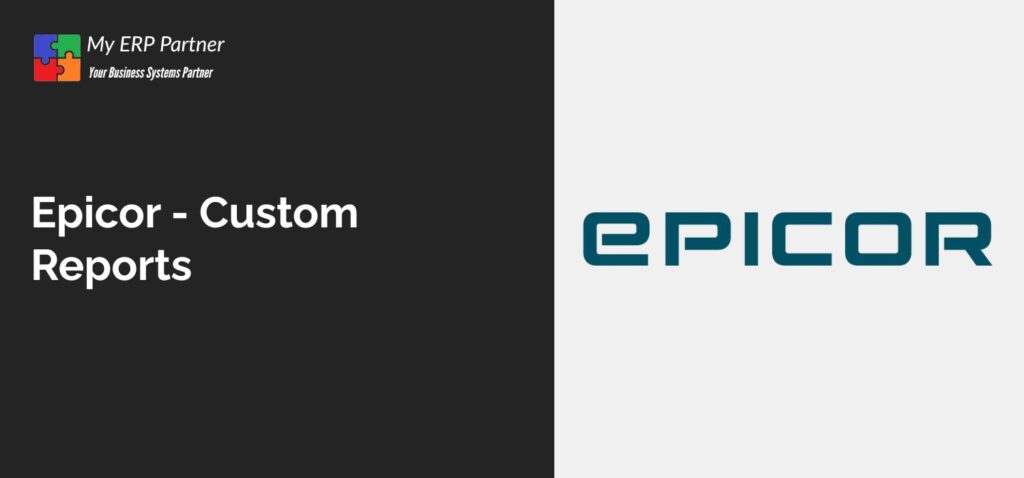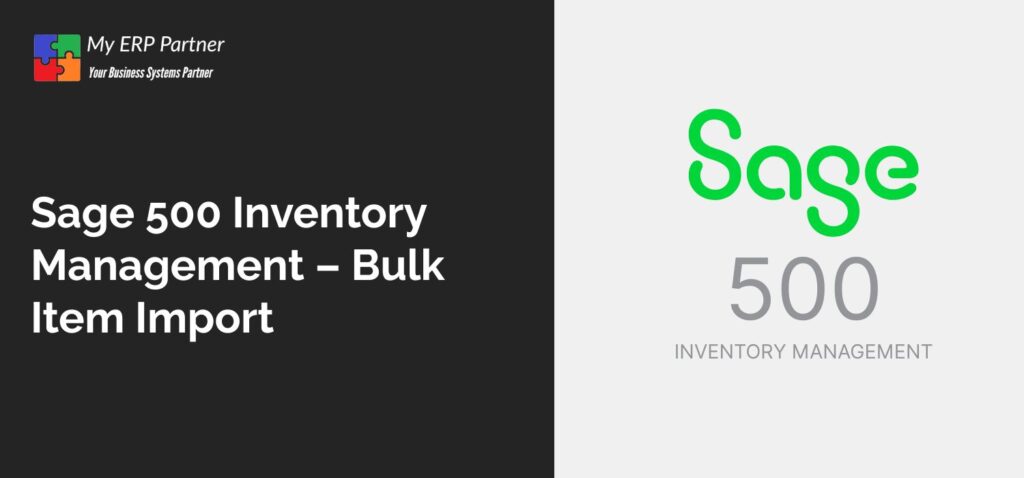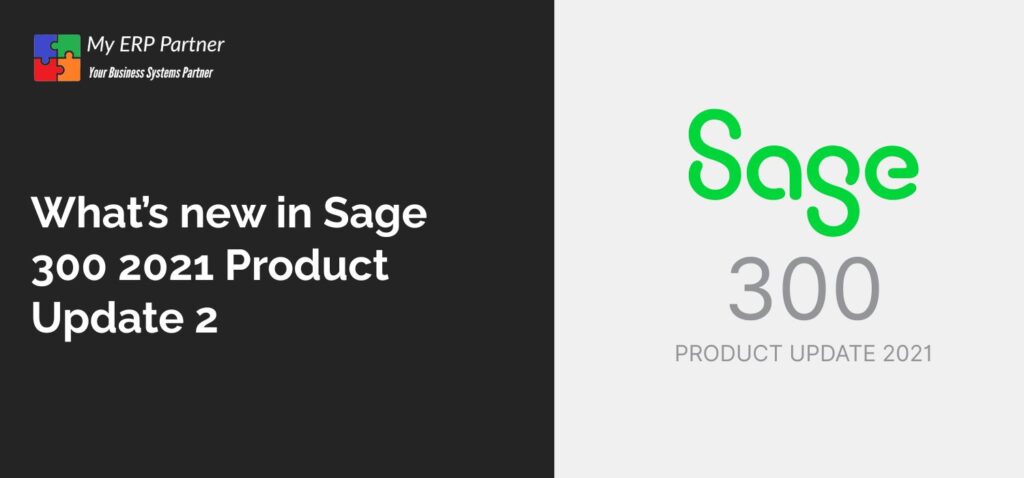Customizing existing reports or creating new reports for commonly used ERP Systems such as Epicor or Sage is a relatively common requirement that we handle at Klio Systems, Inc. We were recently engaged by a client that used Epicor Prophet 21 as their ERP system.
[vc_empty_space height=”5px”]
Typically, reports for on-premise ERP systems utilize Crystal Report, a workhorse reporting system currently owned by SAP. Other commonly used reporting platform includes SSRS or SQL Server Reporting Server, a sub system that is part of Microsoft SQL Server.
[vc_empty_space height=”5px”]
Our Process:
[vc_empty_space height=”5px”]
Adding a report in Epicor is a standard request and includes the following steps:
- Identify the data being requested
- Identify the filter and sort criteria
- Identify the correct presentation format
- Implement the report
- Add it to Epicor /Sage with correct security
[vc_empty_space height=”5px”]
In a typical report, information falls in a few general categories. These include:
- Identification Fields
- Data Fields about area of information identified
- Summary Fields that are calculated based on the data
- Decision Assist Fields that are used to arrive at business decisions about the information
- Filter Criteria
- Sort Criteria
[vc_empty_space height=”5px”]
Sample Epicor Report
[vc_empty_space height=”5px”]
Lets take a typical client scenario; a distributor/reseller of commonly used grocery store items wants a report that helped analyze inventory. Below information needs to be part of the report:
[vc_empty_space height=”5px”]
Identifier Fields: Part Number, Supplier
Data Fields: Available Quantity, Quantity on order, Sold Quantity
Summary Fields: Average sold quantity for the last 3, 6 and 12 month periods
Decision Assist Fields: Inventory Turns & Months In Inventory
Filter Criteria: A Part Number selection that allows multiple parts to be selected.
Sort Criteria: Sorted by 3, 6 or 12 month average field, ascending or descending
[vc_empty_space height=”5px”]
Once we had created the relevant database selection queries, calculations and filters and sort criteria, the next step was to add the database and report elements and connect the custom report to the database and application with the right permissions.
[vc_empty_space height=”5px”]
Epicor provides users with the ability to add external reports and the reports can be accessed via a link under the reports section with a namesake menu item called External Reports. When adding an external report, the role of users who can see the report is set to only allow relevant users to access the report.
[vc_empty_space height=”5px”]
Cost
[vc_empty_space height=”5px”]
Typically, such custom report projects cost just a few hundred dollars depending on how savvy the client is and how much information about the report design has been shared.
[vc_empty_space height=”5px”]
Turn Around Time
[vc_empty_space height=”5px”]
The turnaround time depends on the level of detail provided by the client during analysis phase of the effort. But 1-2 weeks is the norm for turning around a report request.
[vc_empty_space height=”5px”]
In summary, creating custom reports or modifying existing reports is a very common request that we handle at Klio Systems. Do you need a custom report developed? Reach out to us for a free assessment at Contact Us
[vc_empty_space height=”10px”]
Klio Systems, Inc. is a technology company focused on software engineering, digital presence, managed IT services and security practices company.




